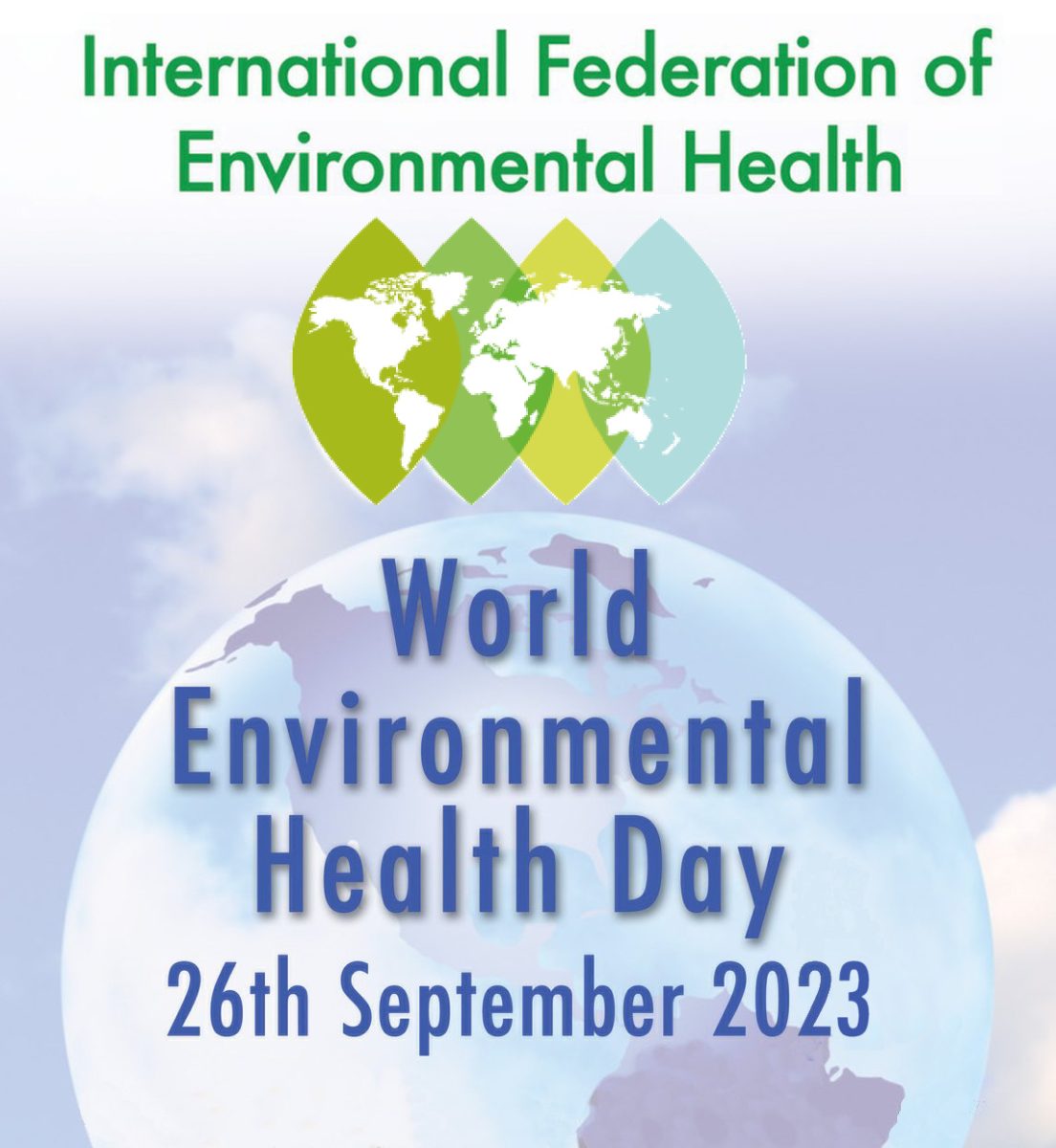The last OPSON XII operation took place over five months between December 2022 and April 2023 and involved 25 countries, including the United Kingdom.
Operation OPSON is a Europol INTERPOL joint operation targeting fake and substandard food and beverages which has been occurring annually since 2011 with it being in its 12th consecutive year.
Operation OPSON in figures :
- 8 000 tonnes of illicit products seized
- 6.5 million litres of mostly alcoholic beverages
- 400 inspections
- 143 arrest warrants issued
- 168 search warrants executed
- 119 individuals reported to judicial authorities
- 6 criminal networks disrupted
The main products seized:
(in order of quantity)
- Alcoholic beverages
- Cereals, grains and derived products
- Fruits/vegetables/legumes
- Sweet and sugary products
- Meat and meat products
- Seafood
- Dairy products
- Food supplements/additives
Some of the frauds discovered :
Trafficking spoiled food across the EU
The exchange of information through Europol led to the detection of a company recycling spoiled or expired food in France, Germany, Italy, Lithuania and Spain. The criminal organisation, led by a Lithuanian citizen, was conducting illegal operations across these four countries, including the illegal relabelling and trafficking of spoiled and expired food. The first phase of the operational activities in Italy and Lithuania led to 27 arrests. The investigation, led by the Lithuanian Criminal Police Bureau (Lietuvos kriminalinės policijos biuras), led to 24 arrests, while the parallel case in Italy led to the arrests of three other individuals. The total seizures following the operational activities amounts to more than 1.5 million packages.
Meat Fraud
Two investigations led by the Spanish Civil Guard (Guardia Civil), one conducted in Seville and one in Zaragoza, targeted fraud involving meat products. In the first investigation, two individuals were charged with crimes against public health, forgery and fraud for trafficking ham without traceability and with a manipulated expiry date. The operation led to the seizure of 48 896 kg and 3 000 pieces of ham and sausage. The second investigation targeted a criminal network trafficking expired meats, fish and seafood. The suspects falsified the labelling and trafficking of the food without going through the mandatory regulatory process. The results of the operational activities include 8 arrests, 48 individuals under investigation and the identification, seizure and destruction of more than 25 tonnes of food products.
Sweet sugar wine
An operation led by the Spanish Civil Gard (Guardia Civil) in Albacete uncovered a sugar fraud perpetrated by three individuals and involving two companies. The suspects exported products from invert sugar, which they presented as grape derivatives and concentrated grape juice. This manoeuvre allowed them to double and in some cases triple the sale price and resulting profits. The main destinations of the exports were countries outside the European Union, mainly South Africa. The operational activities led to the seizure of two tanks containing 1.08 tonnes of invert sugar with a retail value of EUR 1.3 million.
Protected food names
The misuse of protected food names was also the focus of the operational activities. In the United Kingdom, authorities performed checks on protected food name products in food service establishments, such as restaurants, and in individual retailers. The checks identified cases of non-compliance with products, such as feta, Parmigiano Reggiano and Grana Padano cheeses, and meats such as Prosciutto di Parma and products of UK origin such as Welsh beef, Cornish pasties and watercress. The checks identified mislabelling, the temporary unavailability of a specified ingredient in restaurants, but also a lack of understanding of the regulations governing the use of protected food names.
The Europol-coordinated operation, OPSON Europe, took place between December 2022 and April 2023. This year’s operation is the 12th consecutive operation OPSON.



